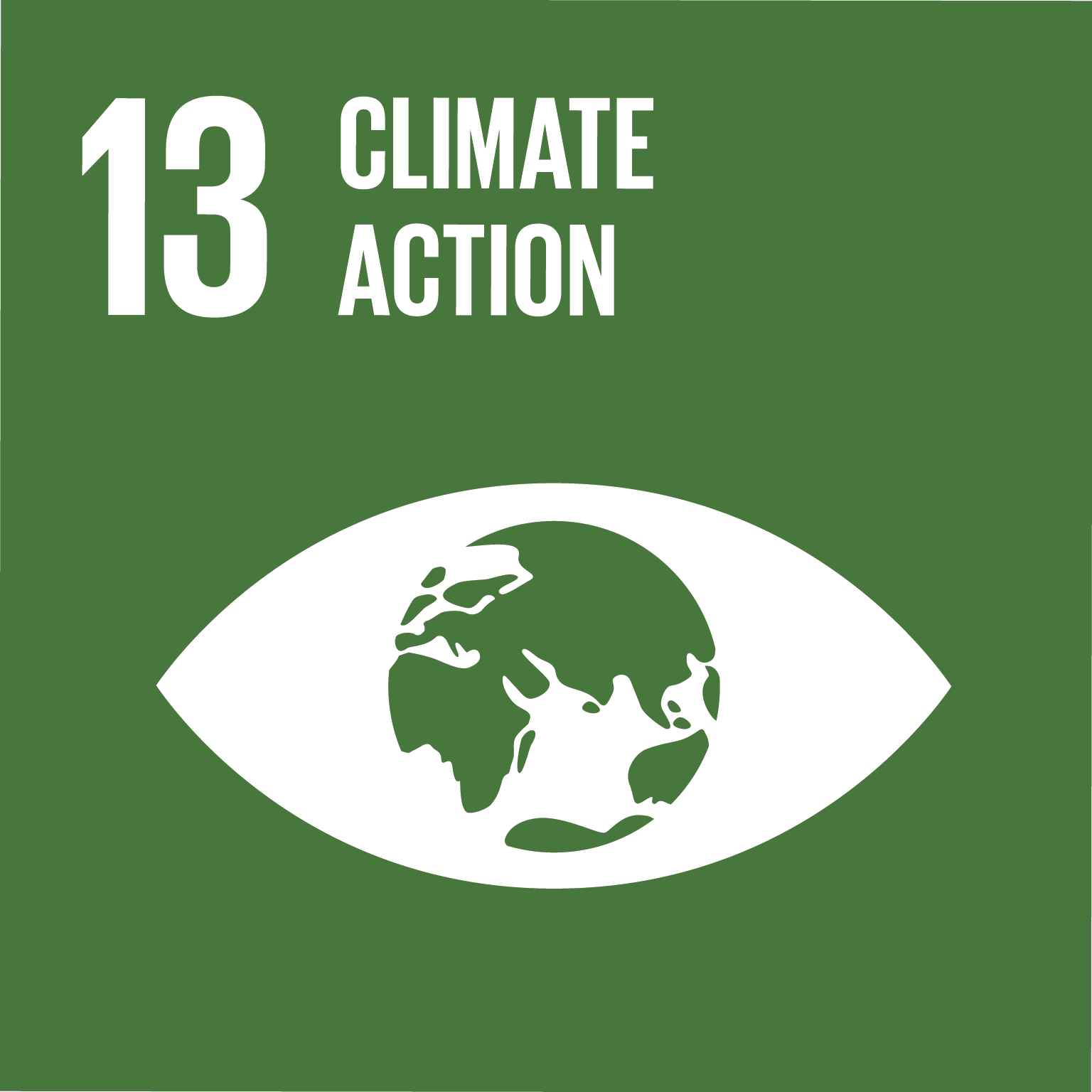Sustainable Development Goal 13
Sustainable Development Goal 13
Sustainable Development Goal 13: Taking Urgent Action to Combat Climate Change and Its Impacts
Climate change is one of the most pressing challenges of our time. It affects every aspect of our lives, from our health and well-being, to our food and water security, to our economic and social development. According to the United Nations, climate change is also intrinsically linked to all 16 of the other Sustainable Development Goals (SDGs) of the 2030 Agenda for Sustainable Development.
Sustainable Development Goal 13 (SDG 13) aims to take urgent action to combat climate change and its impacts by regulating emissions and promoting developments in renewable energy. It has five targets and eight indicators that measure the progress of this goal. The targets cover a wide range of issues, such as strengthening resilience and adaptive capacity to climate-related disasters, integrating climate change measures into policies and planning, building knowledge and capacity to meet climate change, implementing the United Nations Framework Convention on Climate Change (UNFCCC), and promoting mechanisms to raise capacity for planning and management.
The UNFCCC is the primary international, intergovernmental forum for negotiating the global response to climate change. Under the 2015 Paris Agreement, which is part of the UNFCCC, nations collectively agreed to keep warming "well below 2 °C" above pre-industrial levels and pursue efforts to limit it to 1.5 °C. However, with pledges made under the Agreement, global warming would still reach about 2.7 °C by the end of the century. Therefore, more ambitious actions are needed to close the gap between current commitments and the desired goal of a climate-resilient future.
SDG 13 is not only about mitigating climate change, but also about adapting to its inevitable consequences. Climate change impacts are already felt at the current 1.2 °C level of warming, such as increased flooding, extreme heat, droughts, food and water scarcity, disease outbreaks, biodiversity loss, and displacement of people. These impacts are expected to worsen with further warming and can trigger tipping points, such as the melting of the Greenland ice sheet or the collapse of coral reefs. These tipping points could have irreversible and catastrophic consequences for humanity and nature.
To address these challenges, SDG 13 calls for a holistic approach that involves all stakeholders, from governments and businesses, to civil society and individuals. It also requires a transformational change in our energy systems, land use patterns, consumption behaviors, and innovation capacities. By taking urgent action to combat climate change and its impacts, we can protect our planet and ensure a sustainable future for ourselves and generations to come.
Want to See More Information about Sustainable Development Goal(SDG)

.png)
.png)
.png)
Comments
Post a Comment